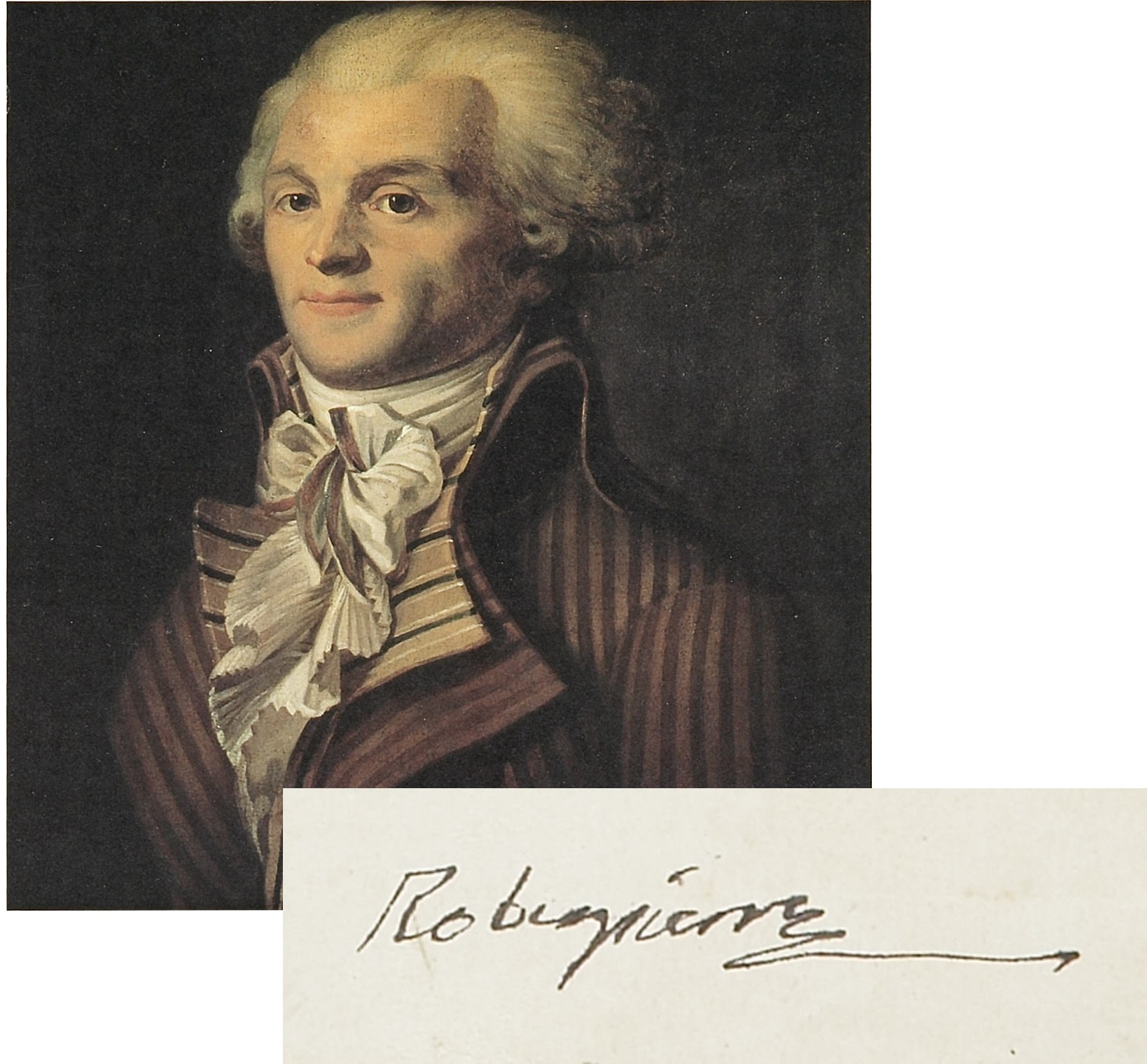
“The world’s cemeteries are filled with indispensable men.” – Attributed to Charles de Gaulle (among others)
By Jim O’Neal
When our managers would occasionally identify a particularly valuable individual, I would often borrow this insight and suggest a simple test for people believed to be irreplaceable: “Have them stick a finger in a glass of water and watch the hole it leaves when they take it out.”
No one ever passed the test.
At several points following its revolution in 1789, France has gone through a number of surprising political vicissitudes. When lawyer and politician Maximilien Robespierre (1758-1794) introduced the guillotine during the “Reign of Terror,” even revolutionary sympathizers soon longed for the earlier authoritarianism, conservatism and piety or devotion to sanity. Even as Robespierre’s power increased, his popularity waned to the point that on July 28, 1794, he was sent to the guillotine with Louis Antoine de Saint-Just, Georges Couthon and 19 others.
Charles X, whose dogmatism brought on the July Revolution of 1830, believed that France’s finances should be reformed, but without overthrowing the monarchy. “It is a time for repair, not demolition.” He spent lavishly and accumulated enormous debts. Critics called him a “weak character with an empty mind.” He was the last of the rulers from the House of Bourbon.
The “Citizen King” Louis Philippe, simple and physically courageous, was an enthusiast for democracy. Upon his accession, he assumed the title King of the French, linking the monarchy to a people rather than a territory. The France of his era (1830-1848) was creative, with its inventions spreading around the world: the stethoscope, braille, the sewing machine. But, in the end, he was forced to abdicate by the French Revolution of 1848.
Napoleon III was elected by a direct popular vote in 1848 and made emperor through a plebiscite. He was the first head of state to hold the title of president and youngest until Emmanuel Macron was elected this year. He remains the longest-serving French head of state (1852-1870) since the Revolution. Napoleon rather foolishly entered the Franco-Prussian War without any allies, was soundly defeated and forced into exile.
Finally, there was Charles de Gaulle, the most successful leader France has had in 200-plus years. Oddly, Philippe Pétain, who led the French government that collaborated with the Nazi’s in WWII, made an official statement for de Gaulle’s obituary that was glowing in admiration. What made it odd was that it appeared in 1916 when de Gaulle was believed to be among the dead at the Battle of Verdun. By the time de Gaulle actually died in 1970, Pétain had been dead for decades and infamous for the dishonorable peace he concluded with Nazi Germany.
France now appears to be at another great crossroads in history. Amid economic stagnation, France must assimilate millions of Muslims descended primarily from North African immigrants. ISIS-affiliated terrorists have slaughtered hundreds through targeted assassinations, nightclub shootings, music hall hostage-taking, and truck hijackings to barrel through crowds. France’s top general recently resigned over a dispute with President Macron.
One almost expects another descendant of Napoleon to appear on a white stallion and rescue Paris … “The City of a Thousand Lights” and my personal favorite city on the planet.
 Intelligent Collector blogger JIM O’NEAL is an avid collector and history buff. He is president and CEO of Frito-Lay International [retired] and earlier served as chair and CEO of PepsiCo Restaurants International [KFC Pizza Hut and Taco Bell].
Intelligent Collector blogger JIM O’NEAL is an avid collector and history buff. He is president and CEO of Frito-Lay International [retired] and earlier served as chair and CEO of PepsiCo Restaurants International [KFC Pizza Hut and Taco Bell].
